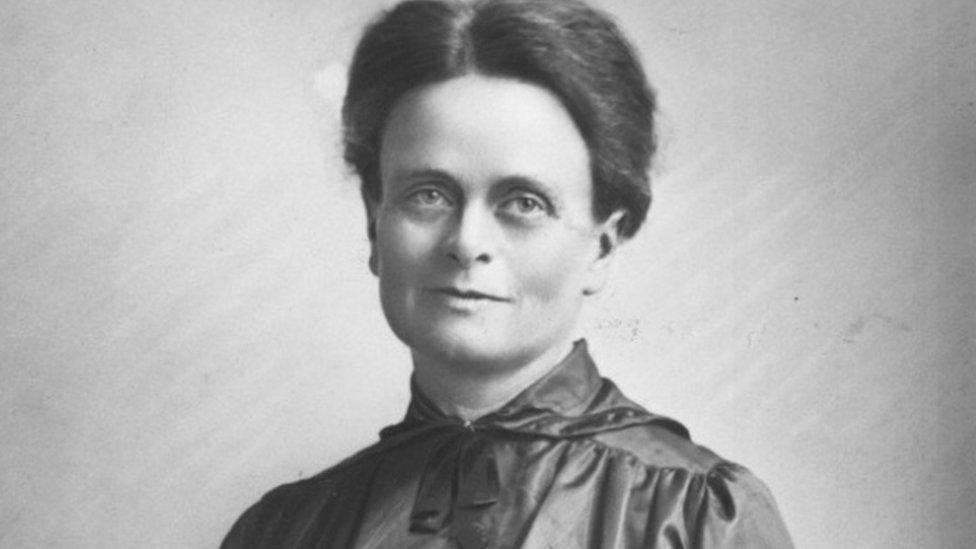Charity apologises over feminist Elsie Inglis statue row
- Published
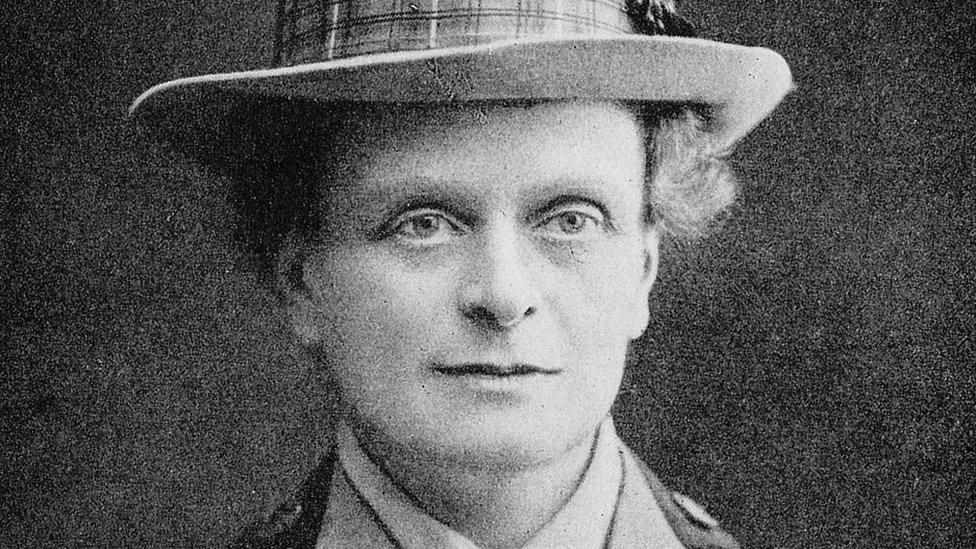
Elsie Inglis established Scottish Women's Hospitals in Edinburgh in 1914
The charity planning an Edinburgh statue in honour of the feminist Dr Elsie Inglis has apologised for the way it handled the scrapping of a competition to find an artist.
Statue for Dr Elsie Inglis trustees said their "decision and approach should have been explained more fully".
Alexander Stoddart, who had not entered a submission, will now make the Royal Mile sculpture.
The move has caused uproar from artists on social media.
The row began after the charity trustees cancelled their competition and appointed Mr Stoddart - the King's Sculptor in Ordinary in Scotland - instead.
At the time, they said the rethink came after watching the Queen's cortege in Edinburgh last month, saying the statue "needed to meet with the historical consciousness of the Royal Mile".
However, artists criticised the decision by the charity, which raised more than £50,000, saying it ignored its own competition rules.
Sculptors, some of whom had spent hundreds of hours on their competition entries, insisted the move was "wrong" and "unfair".
A spokeswoman for the board of trustees told the BBC they had now had time to review and reflect on all aspects surrounding the cancellation of the competition.
"While we've always sought to act in the best interests of the charity to achieve the long-term recognition and renown of this incredible woman and her work, we accept that we could have communicated more clearly in recent weeks, and we apologise for this," she said.
She added: "On reflection, we can see that the decision and approach should have been explained more fully and transparently, and we regret this."
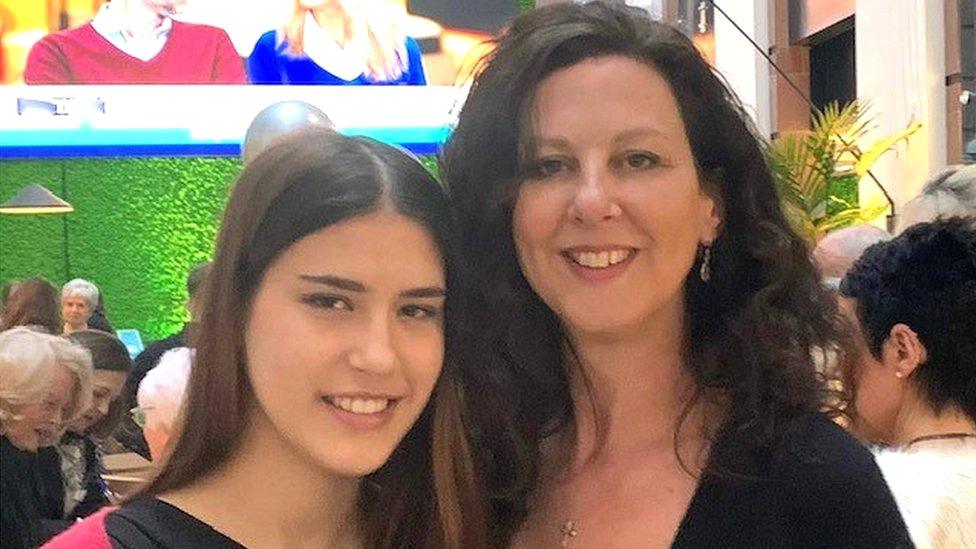
Kathy McGuinness with her daughter Sophie at one of the Elsie Inglis fundraising events
However, East Lothian artist Natasha Phoenix, who spent hundreds of hours on her submission, said it was "not a direct apology to the artists".
She added she was also still unhappy with the decision to appoint Mr Stoddart.
There was an open call put out in July with a creative brief for artists to submit proposals for the sculpture.
It was understood three artists would be shortlisted and each given £2,000 to build a small-scale vision of their proposal. The final version would then be selected.
However, the charity closed down the submission process on 8 October - about two weeks before the deadline.
Artists said they spent months working on proposals they were not given the chance to submit.
The Statue for Elsie Inglis charity said it took "the difficult decision" to suspend the call to artists because the original call was "suboptimal."
The trustees also said they had reserved the right not to appoint any of the entries.
They have now given the BBC more details about their decision to pull the competition.
A spokeswoman said: "The brief was published at the end of July and we sought the support of Alexander Stoddart, an artist of international renown, in making sure that the opportunity reached as many people as possible.
"In the course of those discussions, it became clear that Professor Stoddart would be interested in undertaking the commission personally, much to our surprise and delight.
"Given his proven record of producing inspiring monuments it was clear to the trustees that this was the way to provide the appropriate legacy for Dr Elsie Inglis, the key objective of the campaign.
"In light of this we felt it only right to suspend the call to avoid artists spending any further time on submissions."
Great-great niece support
By the time the competition was scrapped, only two artists had submitted the brief - a one-page document, sketches, CV and photos of previous work.
However, it is understood that about 25 artists had been planning to enter the competition.
The trustees added that they would not reopen the competition.
A spokeswoman told the BBC: "We were, and remain, unanimous in the decision that the artist now appointed is the right choice to ensure the objectives of the charity are delivered."
Last week, Dr Elsie Inglis' great-great niece said she was "delighted" the Royal sculptor had been chosen to make her statue.
Kathy McGuinness told the BBC she was "extremely grateful to Team Elsie" for working "tirelessly" on the project.
Who was Elsie Inglis?
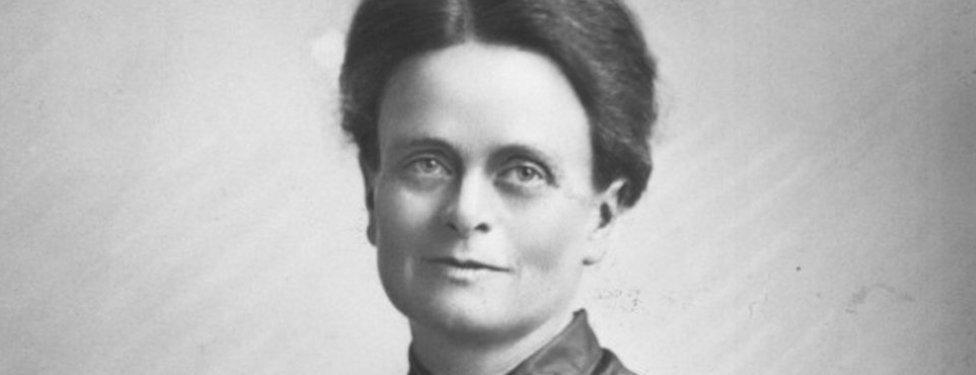
Dr Inglis, who was born to a wealthy family in 1864, established maternity services for poor women in Edinburgh.
When World War One began in 1914 she wanted to work on the front line, but was told by the war office that women were not allowed.
However, Britain's allies allowed her to help and she set up 17 Scottish women's hospitals for injured soldiers across Europe.
Along with colleagues and associates from the suffragist movement, she raised the equivalent of £53m in today's money to buy medical equipment to help those on the front line.
The plans are for a bronze statue near the site of a maternity hospital she founded on the Royal Mile.
The only women in sculpture in Edinburgh are Queen Victoria and Mary Queen of Scots - neither on the city's historic Royal Mile.
Related topics
- Published23 October 2022
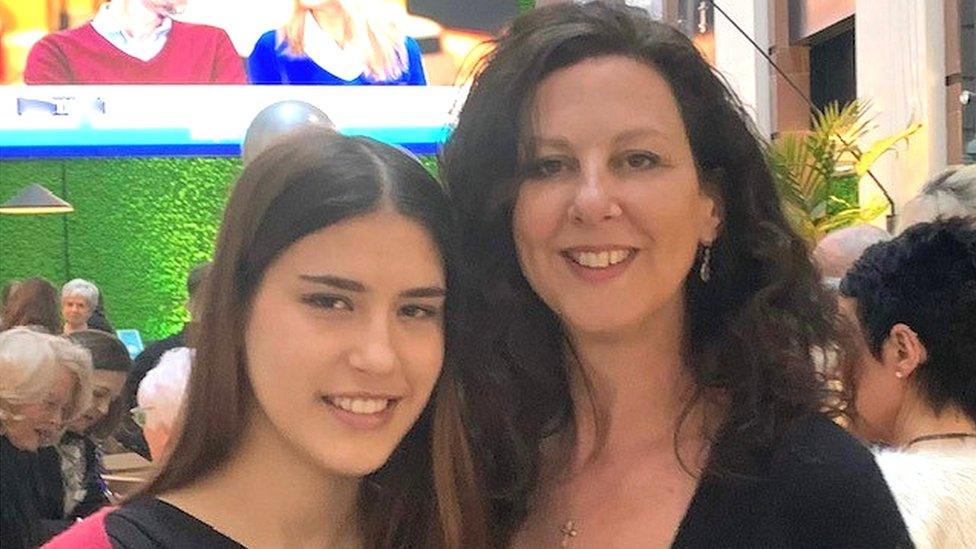
- Published21 October 2022

- Published19 October 2022
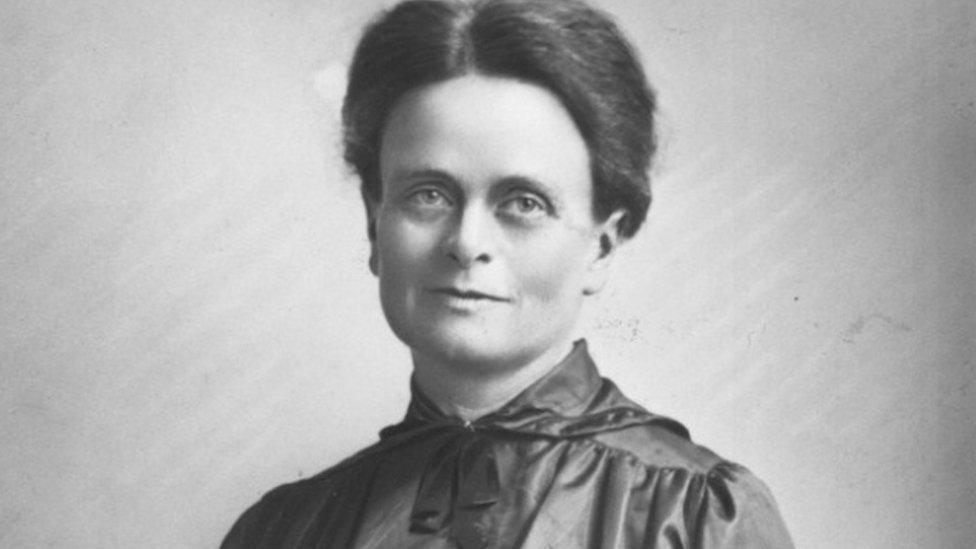
- Published26 November 2017

- Published8 November 2017
